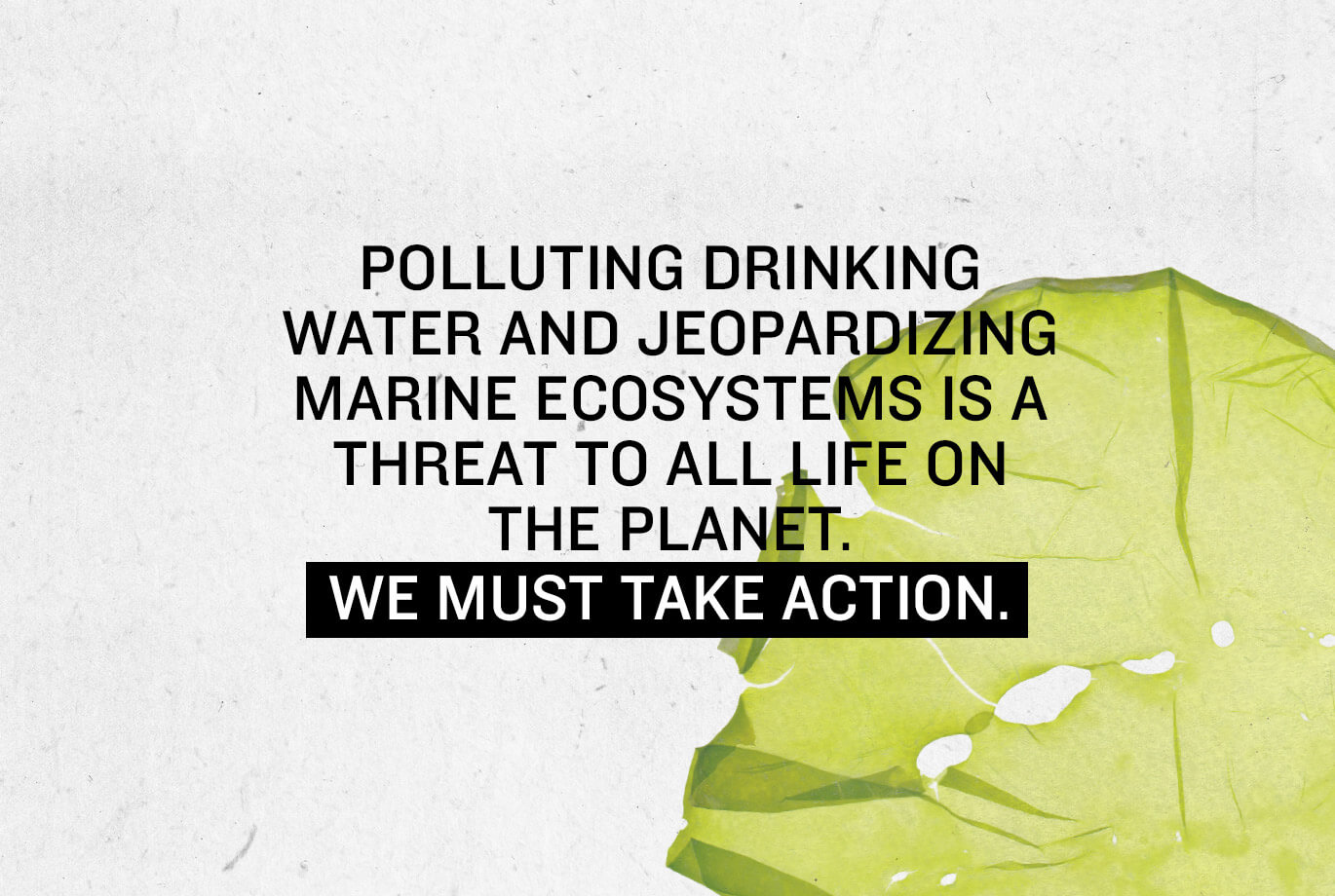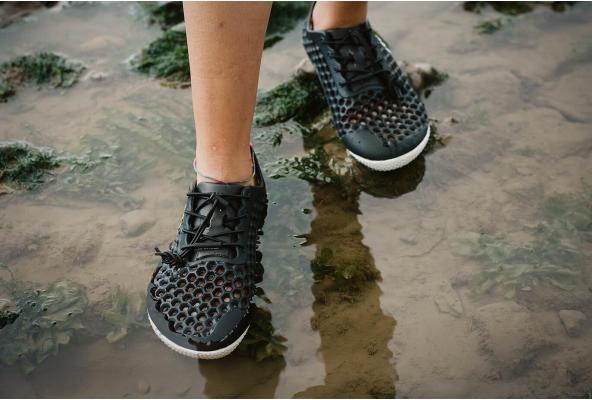We have teamed up with The Oxygen Project to create action and awareness around the growing problem of harmful algae blooms that put waterways around the world under serious threat.
While algae blooms can happen naturally, there is increasing evidence that human activity is making them increase exponentially. Not only toxic for humans and animals, they are choking our planet’s waterways and decimating aquatic ecosystems.


These harmful algae blooms (HABs for short) have affected water systems from North America’s Great Lakes and the Lake District in the UK to Lake Titicaca in South America, Ethiopia’s Lake Tana and even the planet’s most ancient and deepest body of water, Lake Baikal in Siberia.
They are the compound effect of the climate emergency with the flood of fertilisers, pesticides and other toxic chemicals, including human waste, into waterways.
To stand a chance of building a regenerative future, we need to take action, together.
This is why we have teamed up with The Oxygen Project to spread the word, asking as many people as possible around the world to sign our letter to UNESCO urging them to call upon governments to end the destructive agricultural and industrial practices - especially the use of phosphates and nitrates - linked to HABs.


The Oxygen Project is a young, independent and dynamic organisation created to raise awareness and defend the ecosystems that create the planet’s oxygen.
Vivobarefoot’s amphibious Ultra III footwear takes another small step in the right direction: made from algae-based BLOOM foam, each pair takes algae out of waterways and returns clean, fresh water into the ecosystem instead.
We need as many people as possible to learn about Harmful Algae Blooms and demand their governments and international bodies do more to regulate the harmful human activity that causes them.
If we can all take a step together, we believe we can make a difference.
Want to sign our letter to UNESCO to end Harmful Algae Blooms? Click here.

